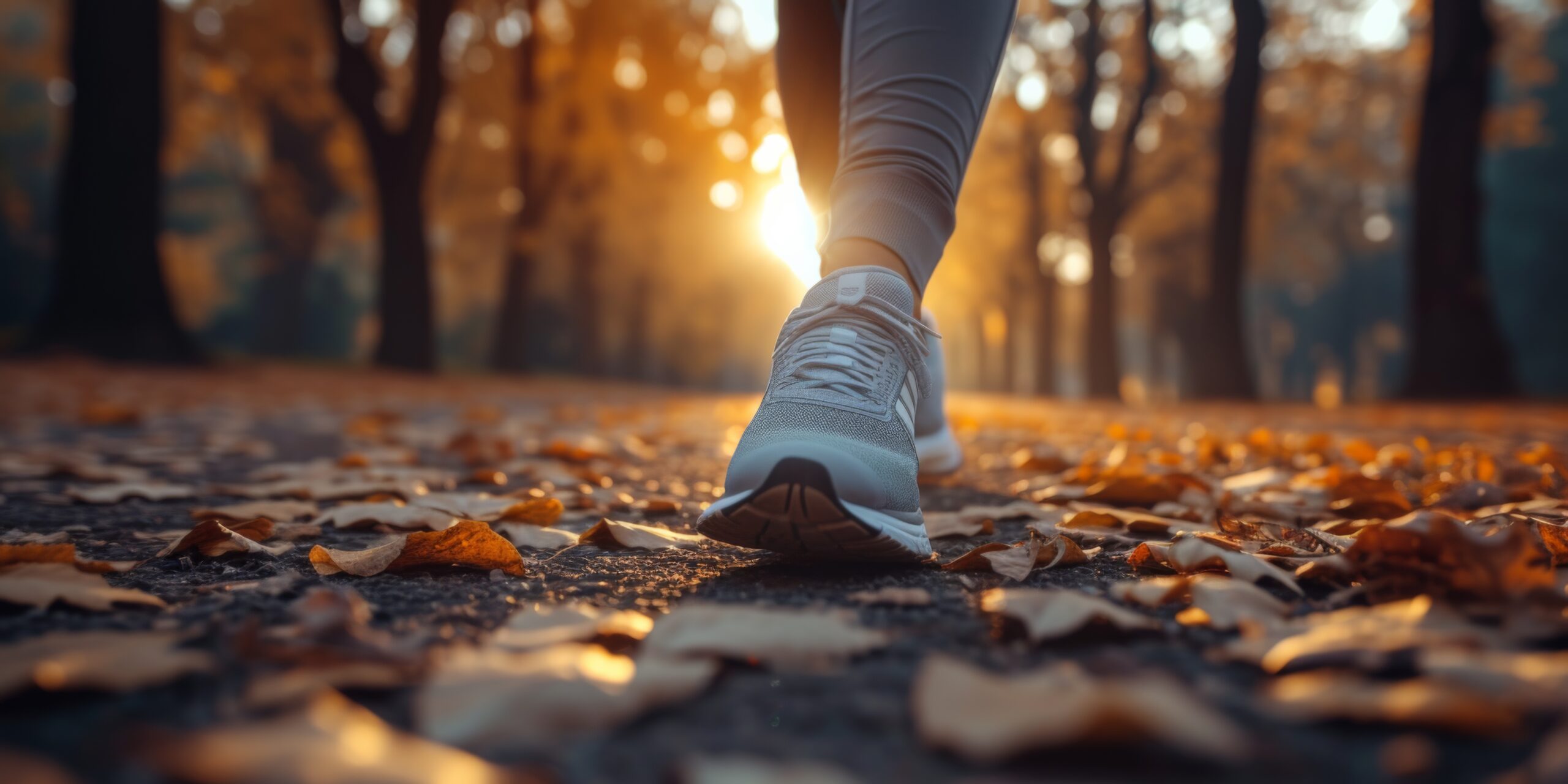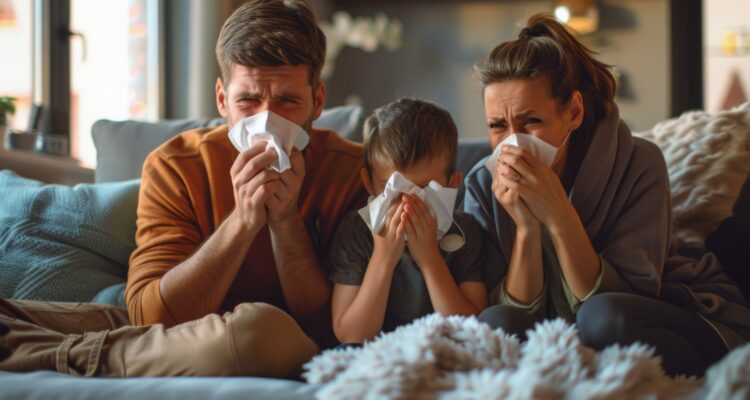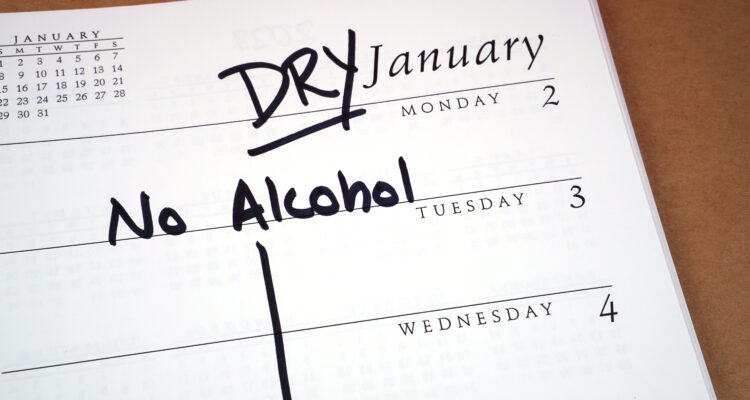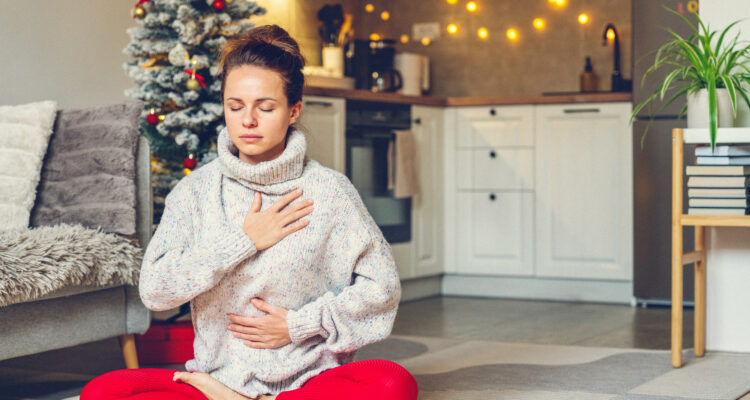What is Mental Health Awareness Week?
Led by the Mental Health Foundation, Mental Health Awareness Week takes place from Monday 13th to Sunday 19th May this year, with a focus on “Movement: Moving more for our mental health”. Previous themes have included: anxiety, nature, loneliness, kindness, and body image.
Mental Health Awareness Week is an event celebrated in countries around the world to raise awareness about mental health issues, reduce stigma, and promote mental well-being. People observe it in different ways. It usually involves activities, campaigns, and initiatives aimed at educating the public about mental health. It also provides support to those affected by mental health conditions, and encourages conversations about mental health in communities, workplaces and schools.
Overall, the goal is to increase awareness and understanding of mental health issues. Let’s break the stigma of talking about our mental health.
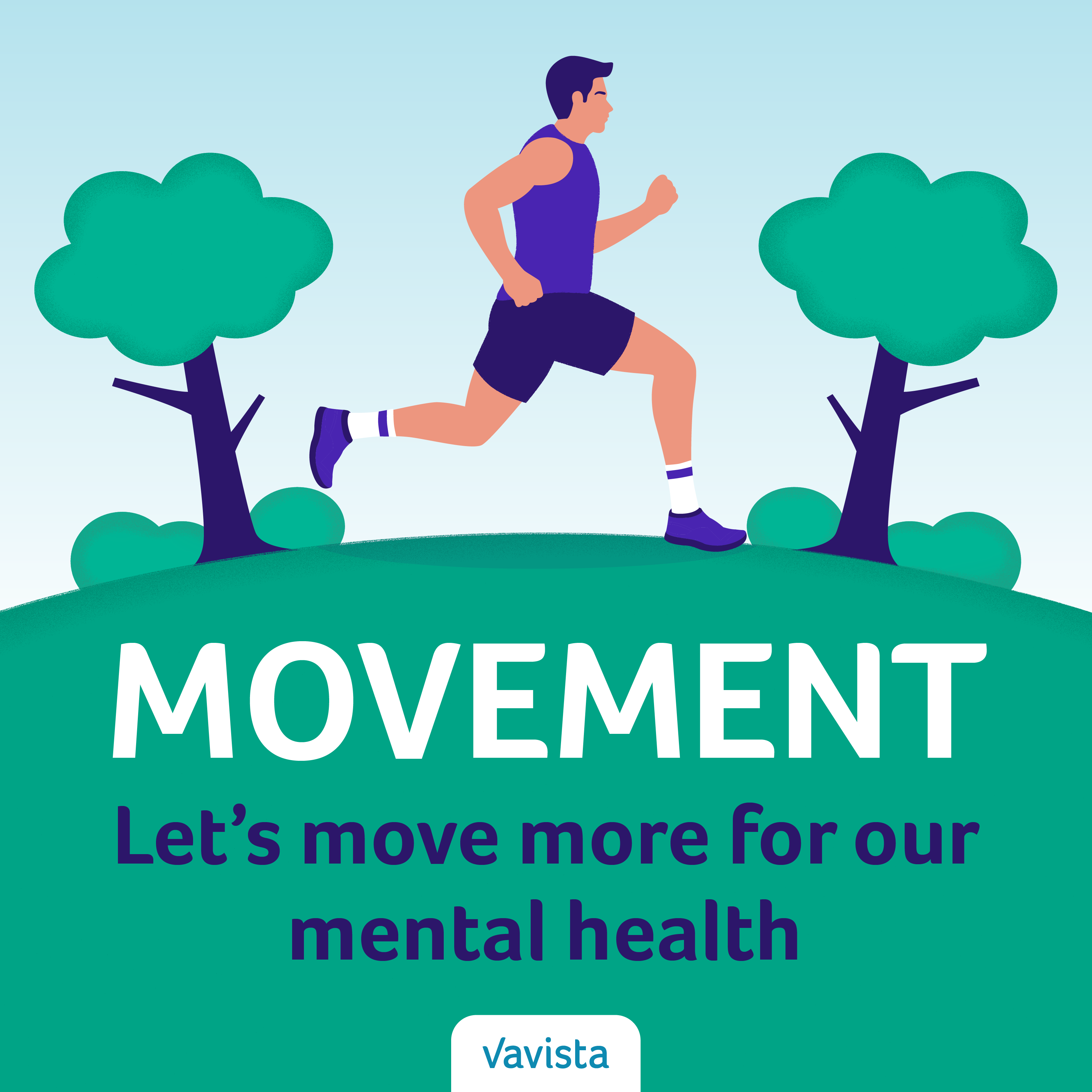
What is the link between movement and mental health?
The relationship between physical activity and an improvement in mental health is well-documented. Regular exercise can release endorphins, hormones that are commonly known as the “feel good hormone”. When endorphins are released, humans can experience feelings of happiness and euphoria.
Exercise and movement can also reduce levels of stress hormones like cortisol and increases the production of serotonin, a neurotransmitter associated with mood regulation. A neurotransmitter is a type of chemical messenger that transmits signals across your brain. These natural methods can be a fantastic way to alleviate anxiety and depression.
Studies revealed that, individuals experience an average of 3.4 days of poor mental health each month. However, for those engaged in regular exercise, this figure decreased by over 40%[1].
Even if you forget the chemical effects it has on our brains, movement offers a respite from the chaos of daily life. It allows us to disconnect from our worries and immerse ourselves fully in the present moment. Whether it’s the rhythmic pounding of feet on pavement during a run or the gentle flow of breath in a yoga class. Movement means you can’t be scrolling on your phone and have a moment to yourself.
How do I Get More Movement In My Daily Life?
The beauty of movement is that it doesn’t require an expensive gym membership or fancy equipment. It can be as simple as taking the stairs instead of the lift or stretching at your desk between meetings.
Find activities that bring you joy and make them a regular part of your routine. Whether hiking, swimming, dancing, or gardening, move your body in a way that feels good for you. Why not check out some of our fitness blogs for some inspiration.
Additionally, consider the social aspect of movement. Joining a sports team, taking group fitness classes, or going for walks with friends can provide social support, reducing feelings of isolation and loneliness. Building connections with others who share your interest in movement can also enhance your sense of belonging and boost your overall well-being.
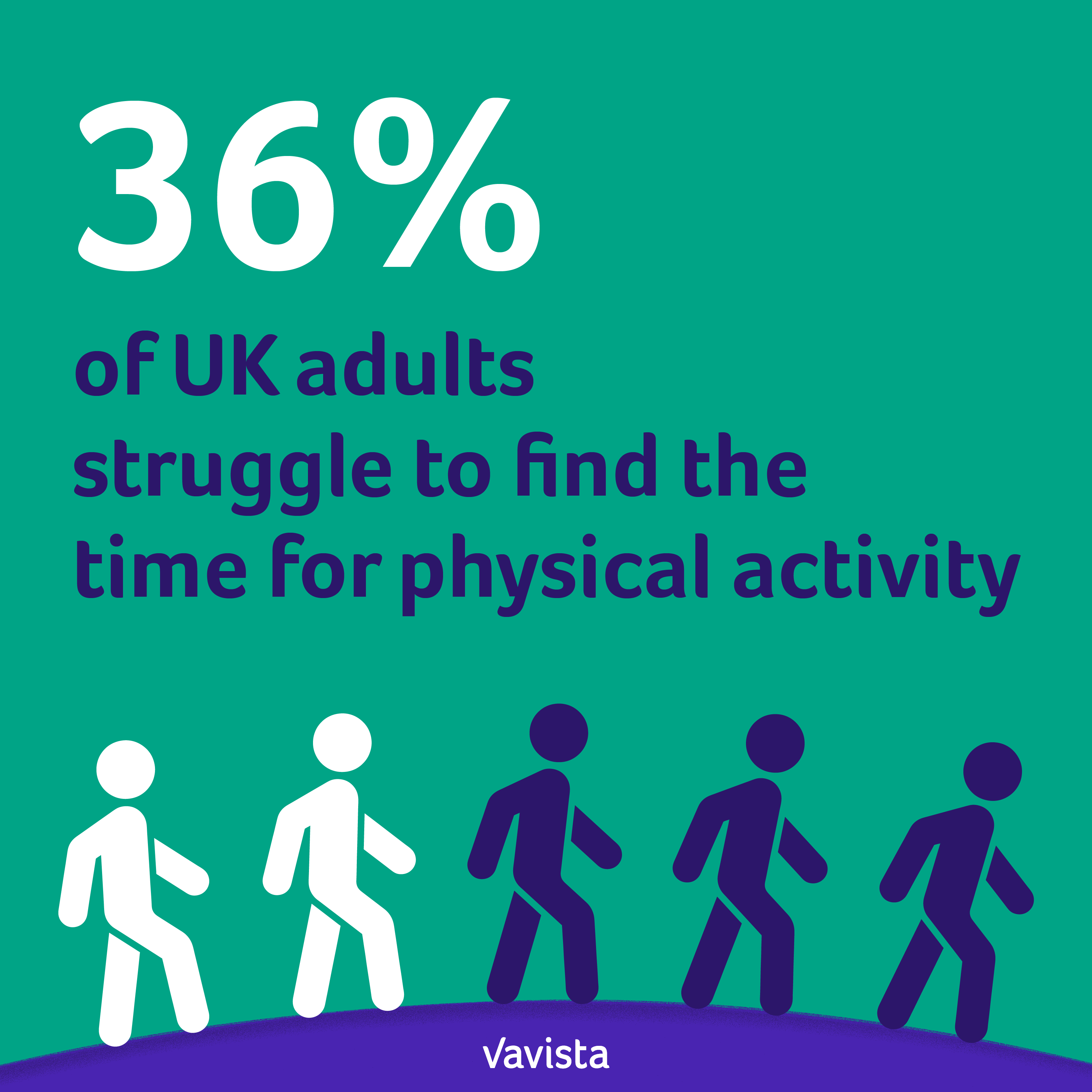
What is Mindful Movement?
Any movement can be good for your mental health, but if you want to supercharge the effects, try incorporating mindfulness. Mindful movement involves paying attention to the sensations in your body as you exercise. This could mean tuning into the rhythm of your breath, and letting go of judgment and expectations. It could mean noticing the noise in the room and letting all your other intrusive thoughts go. Whether it’s practicing yoga, or simply going for a mindful walk in nature, incorporating mindfulness into your movement practice can add an extra layer of calm to your exercise time. Apps such as Calm and Headspace have some great meditations for walking.
As we go through the stresses of modern life, prioritising our mental health has never been more crucial. This Mental Health Awareness Week, let’s remember the power of movement as a tool for cultivating resilience, finding joy, and fostering a deeper connection to ourselves and others.
